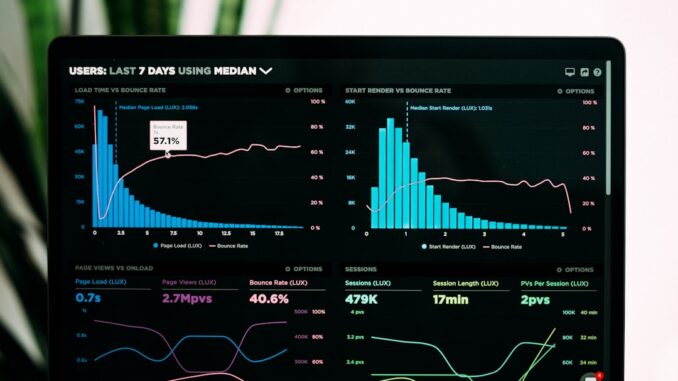
Summary
A data breach at Oracle Health/Cerner, a third-party vendor, compromised the data of 262,831 patients of Union Health System, Inc. The compromised data included names, social security numbers, dates of birth, driver’s license numbers, medical information, and health insurance details. Union Health is offering complimentary credit monitoring services to affected individuals and legal action is already underway.
Dont let data threats slow you downTrueNAS offers enterprise-level protection.
Main Story
Okay, let’s talk about this Union Health System data breach. It’s a real eye-opener, and honestly, a bit scary when you think about how much of our personal information is floating around out there. You know?
Basically, Oracle Health/Cerner, who were handling some data migration for Union Health, got hit with a breach. We’re talking about a serious compromise of sensitive data for, get this, 262,831 people. That’s not just a number; those are individual lives potentially disrupted by identity theft and fraud. And, frankly, it just shines a light on how vulnerable healthcare data really is, especially during these system updates and migrations.
How it all went down
So, here’s the timeline, and it’s a bit of a mess. It kicked off in February 2025. Union Health got a message from someone claiming to have patient data. They checked it out, and yup, it was legit. Turns out, the likely source was Oracle Health/Cerner. Then, on March 15th, Oracle Health/Cerner (remember, Oracle bought them in 2022) confirmed they had unauthorized access to their old Cerner servers. They reckon the breach happened sometime after January 22nd, 2025. The crazy part? These servers were supposed to be moved to Oracle’s cloud for better security. It begs the question: what was going on with security during this migration? And, more importantly, who’s responsible?
The data that was compromised is pretty much everything you wouldn’t want to fall into the wrong hands. Think names, Social Security numbers, birthdates, even driver’s license numbers. Plus, they got into health info: doctor names, dates of service, medication details, insurance stuff, and even diagnoses and treatments. It’s a total goldmine for identity thieves, isn’t it?
What’s being done about it?
Union Health notified people on April 21st, 2025, offered free credit monitoring, and set up a call center. Good on them for that, but still… Also, even though their internal systems weren’t directly hacked, this shows you need to keep your third-party vendors on a tight leash security-wise. Because, let’s be honest, you’re trusting them with your patients’ lives, virtually speaking.
And guess what? Lawsuits have already started, alleging negligence, poor security, HIPAA violations, and delays in letting people know. I mean, you kinda saw that coming, didn’t you? A good question that will be asked is, what responsibilities do healthcare providers have to ensure the security of patient data managed by third-party vendors?
Honestly, it’s not an isolated incident, not by a long shot. Data breaches in healthcare are becoming way too common. Just look at the numbers: reports say April 2025 saw a nearly 18% jump in reported breaches compared to the month before, affecting almost 13 million people. So, yeah, it’s a serious problem.
I remember one time, a colleague of mine, her hospital had a minor scare with a potential phishing attack. They caught it early, luckily, but it really shook them up. It made them realize how much they needed to invest in cybersecurity training for their staff. Which I think is crucial – your people are your first line of defense.
What Can We Do To Stay Safe?
This breach should be a wake-up call for hospitals and their vendors. We need to:
- Step up cybersecurity.
- Use strong encryption.
- Do regular security audits.
Also, be upfront and fast with people if something happens. It builds trust, even in a bad situation.
Frankly, the laws and regulations around data breaches are always changing. So, healthcare providers need to stay on top of things and adjust their practices. It’s not just about avoiding fines; it’s about protecting patients. In conclusion, everyone – providers, vendors, regulators, and even patients – needs to work together to keep health information safe. It’s not just a tech problem; it’s a human one, too.


262,831 breached? Suddenly my daily password reset requests don’t seem so bad. Though, maybe they *are* connected… Perhaps I should invest in carrier pigeons; HIPAA compliant, right?